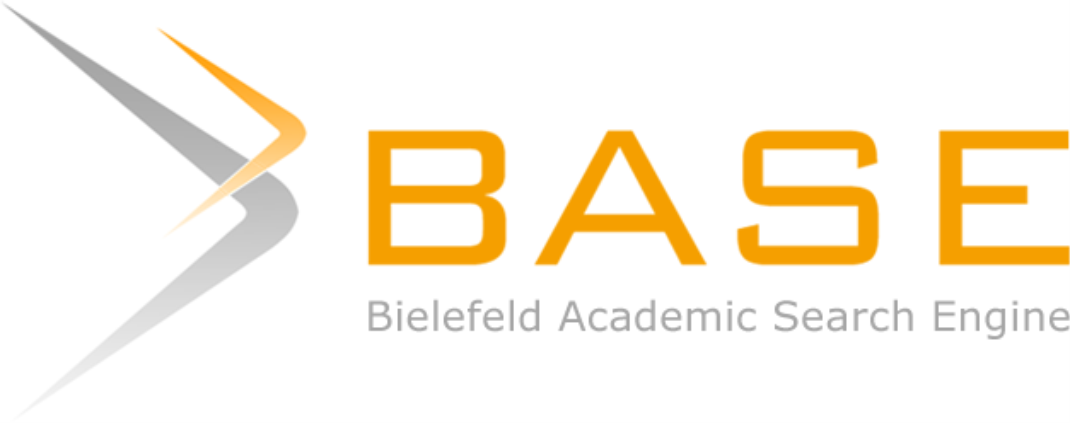Strategi Bisnis Garam menggunakan SWOT-BMC
DOI:
https://doi.org/10.30737/jurmatis.v5i2.4206Keywords:
BMC, Salt Industry, SWOT, QSPMAbstract
PT. Garam as a state-owned company needs to overcome the problem of quality inconsistencies and technological constraints in improving company performance and profits, as well as taking advantage of business development opportunities in the salt industry. The purpose of this study is to design a suitable business strategy for PT. Garam by optimizing supply chains, production processes, and selecting quality salt resources. The methods used in this study are BMC, SWOT, and QSPM to identify strengths, weaknesses, opportunities, and threats in the company and formulate the right business strategy for PT. Garam. Based on the resulting strategy match matrix, PT. Garam can consider three ST strategies to optimize strength in facing threats. PT Garam can conduct research to create production technology that does not depend on weather conditions, thus allowing the salt production process to be more stable and efficient. PT Garam can conduct research to create appropriate technology, which can improve overall production quality and efficiency. PT Garam can build brand equity of its products as a marketing strategy to increase competitiveness and customer trust. By adopting these strategies, PT Garam can achieve the goal of improving production efficiency and business growth in the salt market
Downloads
Published
Issue
Section
License
Copyright (c) 2023 JURMATIS : Jurnal Manajemen Teknologi dan Teknik Industri

This work is licensed under a Creative Commons Attribution-ShareAlike 4.0 International License.
Authors who publish with this journal agree to the following terms:
(1) The copyright of published articles will be transferred to the journal as the publisher of the manuscript. Therefore, the author needs to confirm that the copyright has been managed by the publisher with the Publication Right Form which must be attached when submitting the article.
(2) Publisher of JURMATIS is Kadiri University.
(3) The copyright follows Creative Commons Attribution“ShareAlike License (CC BY SA): This license allows to Share copy and redistribute the material in any medium or format, Adapt remix, transform, and build upon the material, for any purpose, even commercially.



















